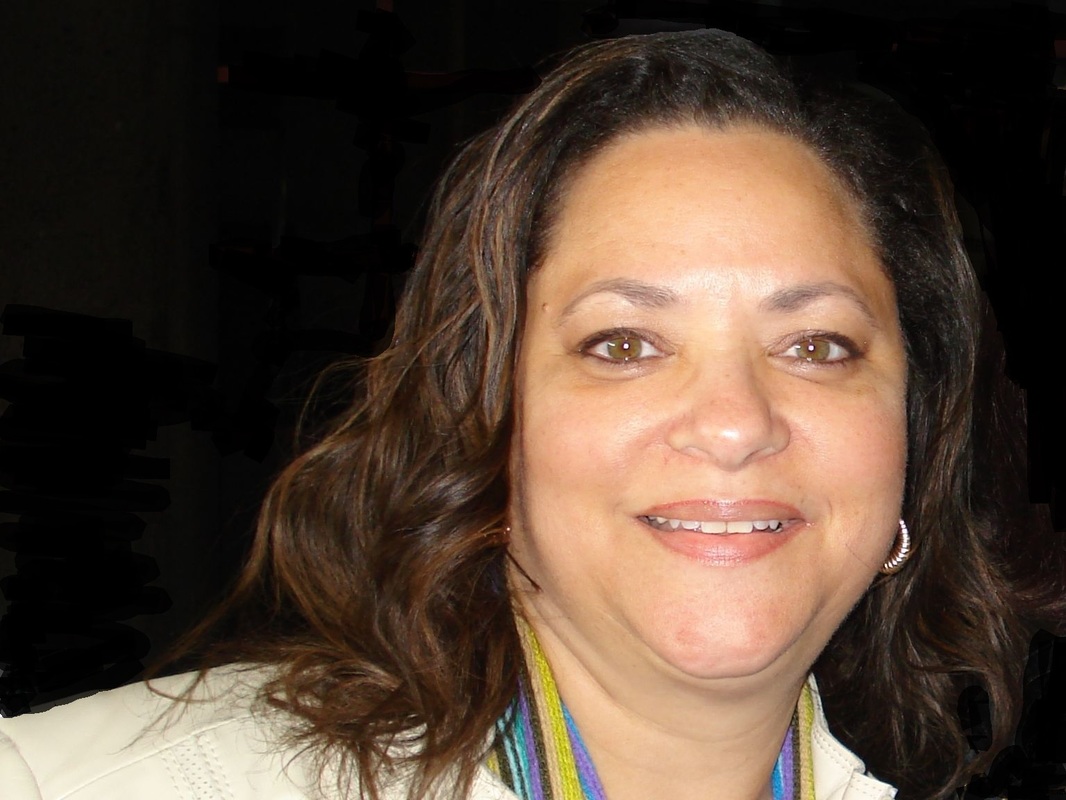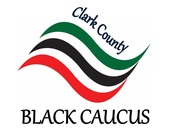It’s important to note that during the Interim Legislative Education Committee meetings in 2014, the Clark County Black Caucus testified and lobbied for a proficiency gap tracking bill by race. We were thrilled that the Legislative Education Committee authored this bill, presented and passed through the 2015 legislature and signed into law by the Governor. This bill now requires every school district in Nevada to report student proficiency by race and ethnicity. A first step in identifying proficiency gaps and warning signs for student needs.
Unfortunately, Nevada Department of Education data going back to 2008, indicates African American student’s proficiency are consistently lower than all other subgroups by race/ethnicity. ESSA regulations importantly uphold critical civil rights protections and enhance equity for historically under-served students. This will help ensure that meaningful action is taken in places where whole schools or groups of students are falling behind, and that clear and transparent information on critical measures of school quality and equity are provided to parents and community members.
Furthermore, the regulations help to ensure more transparency for parents, educators, and community members around resource equity measures, such as access to preschool, access to rigorous coursework and school discipline, including requiring that this information be made public on state and local report cards.
U.S. Department of Education Secretary Dr. John King Jr. was quoted as saying “In addition to added flexibility for states, the proposed regulations offer a more holistic approach to measuring a quality education. This means that NCLB’s narrow definition of school success, which was based primarily on test scores in Math, English language arts and graduation rates, will be replaced with a broader view, to include such things as student growth, college and career readiness, school climate, or student’s progress toward English language proficiency.”
The bill helps ensure educational opportunity for all students by:
- Holding all students to high academic standards that prepare them for success in college and careers
- Ensuring accountability by guaranteeing that when students fall behind, states redirect resources into what works to help them and their schools improve, with a particular focus on the very lowest-performing schools, high schools with high dropout rates, and schools with achievement gaps
- Empowering state and local decision-makers to develop their own strong systems for school improvement based upon evidence, rather than imposing cookie-cutter federal solutions like the No Child Left Behind Act did.
- Reducing the often onerous burden of testing on students and teachers, making sure that tests don’t crowd out teaching and learning, without sacrificing clear, annual information parents and educators need to make sure our children are learning.
- Providing more children access to high-quality preschool.
- Establishing new resources for proven strategies that will spur reform and drive opportunity and better outcomes for America’s students.
Yvette Williams is a community advocate and Chair/Founder of the Clark County Black Caucus, a non-partisan community organization driven 100% by volunteer members registered to vote. In full disclosure, Yvette is working with Munford4NV campaign. Follow her Blog at www.YvetteBWilliams.com and on twitter @YvetteBWilliams or contact her at [email protected] for more information.

 RSS Feed
RSS Feed

